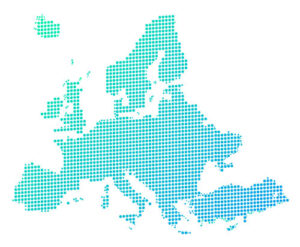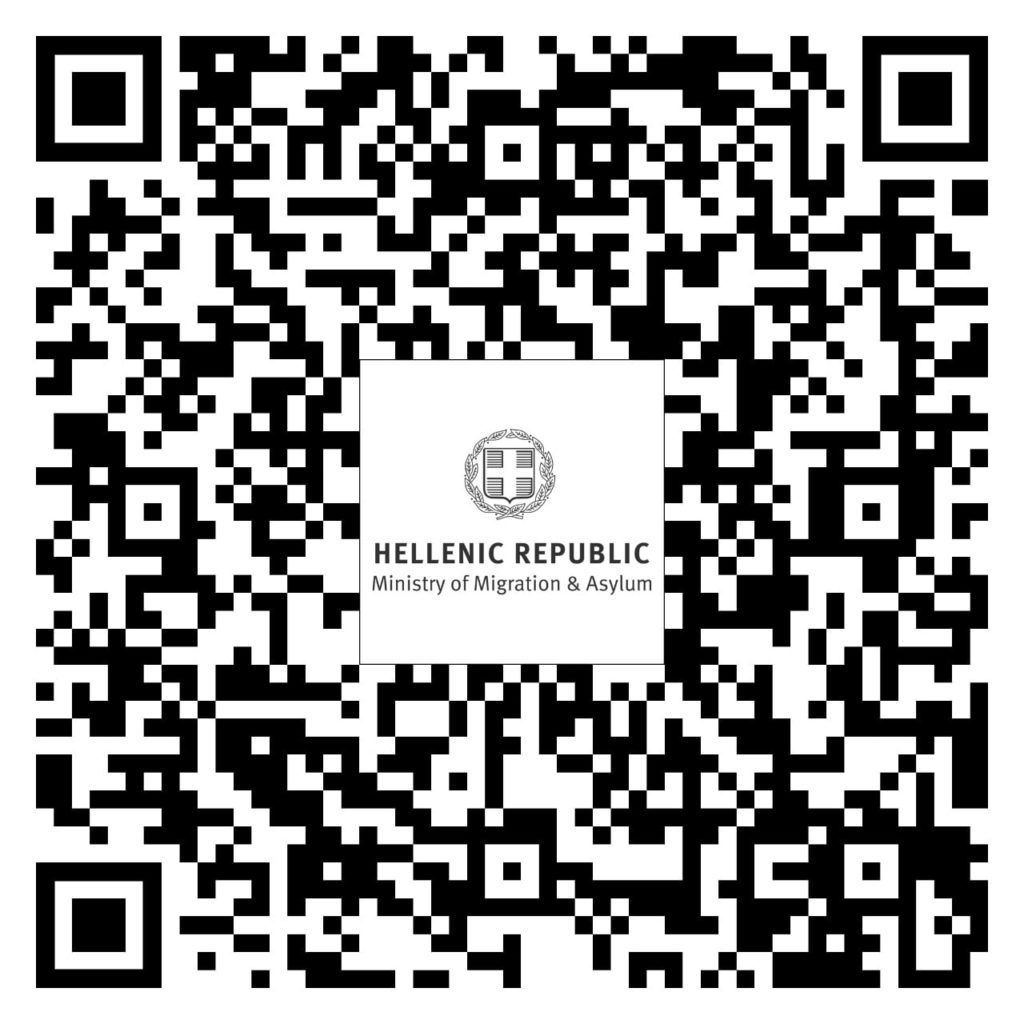European Policy for Integration

European Policy
According to article 63a of the Treaty of Lisbon, the European Union aims to develop a common migration policy ensuring the effective management of migration flow, safeguarding the fair treatment of third-country nationals who lawfully reside in Member States and combating illegal immigration and human trafficking. The European Commission and the European Council, via standard legal procedures, may establish measures to support and facilitate social integration programs of Member States without however requiring the adoption of such measures by Member States. In other words, the European Union may introduce measures that support the integration of third-country nationals, but Member States are not obliged to adopt such measures, that is, incorporate them in their laws and legislations.
The above mentioned measures that have been issued from bodies of the European Union are described in the policy reports below (Conclusions of the European Council, Conclusions of the Justice Council and Internal Affairs, Announcements of the European Council).

The Common Basic Principles of the European Union
- The 11 Common Principles of the European Union for social integration:
- Integration is a dynamic, two-way process that requires mutual accommodation by all immigrants and residents of Member States.
- Integration implies respect for the basic values of the European Union.
- Employment is a key part of the integration process and is central to the participation of immigrants, to the contributions that immigrants make to the host society and to making such contributions visible.
- Basic knowledge of the host society’s language, history, and institutions is indispensable to integration; enabling immigrants to acquire this basic knowledge is essential to successful integration.
- Efforts in education are critical for preparing immigrants and particularly their descendants to be more successful and active participants in society.
- Access for immigrants to institutions, as well as to public and private goods and services on a basis equal to national citizens and in a non-discriminatory way is a critical foundation for better integration.
- Frequent interaction between immigrants and Member States citizens is a fundamental mechanism for social integration. Shared forums, intercultural dialogue, education about immigrants, and immigrant cultures, and stimulating living conditions in urban environments enhance the interactions between immigrants and Member States citizens.
- The practice of diverse cultures and religions is guaranteed under the Charter of Fundamental Rights and must be safeguarded, unless practices conflict with other inviolable European rights or with national law.
- The participation of immigrants in the democratic process and in the formulation of integration policies and measures, especially at the local level, supports their integration.
- Mainstreaming integration policies and measures in all relevant portfolios and level of government and public services is an important consideration in public policy formation and implementation.
- Developing clear goals, indicators and evaluation mechanisms are necessary to adjust policy, evaluate progress on integration and to make the exchange of information more effective.
Social Integration Activities of the European Union
- The main actions/measures of the integration policy of the European Union
The measures and actions that emanate from the Action plan on the Integration and Inclusion 2021-2027, are the following:
- Inclusive education and training from early childhood to higher education focusing on facilitating the recognition of qualifications and continued language learning with support from EU funds.
- Improve employment opportunities and skills recognition to fully value the contribution of migrant communities and women in particular and ensure that they are supported to reach their full potential. The Commission will work with social and economic partners and employers to promote labor market integration, support entrepreneurship, and make it easier for employers to recognize and assess skills.
Dedicated EU funding to promote access to health services for people born outside the EU and opportunities for Member States to exchange best practices.
- Access to adequate and affordable housing funded through the European Regional Development Fund, European Social Fund Plus, Asylum and Migration Fund and Invest EU, as well as funding platforms to exchange of experience at local and regional level on fighting discrimination on the housing market and segregation.
You can find more information on the European Union policy on integration in the website of Migration and Home Affairs of the European Commission.

Collaborations with European and International Organizations
The Directorate of Social Integration in order to fulfill its responsibilities collaborates with the following European and International Organizations:
- The European Integration Network (EΙΝ)
- European Migration Network (ΕΜΝ)
- The European Union Agency for Fundamental Rights (FRA)
- European Economic and Social Committee
- European Committee of the Regions - CoR
- - European Commission against Racism and Intolerance (ECRI)
- United Nations -UN, in the context of International Treaties and Agreements to protect economic, social and cultural rights, ensure the abolishment of all forms of racial discrimination and ensure the protection of rights of children, individual and political rights, as well as the rights of individuals with special needs.
- Office of the United Nations High Commissioner for Refugees (UNHCR)
- United Nations International Children's Emergency Fund (UNICEF)
- International Labor Organization (ILO)
- International Organization for Migration (IOM)
- (Inter Governmental Consultations on migration, asylum and refugees (IGC)
- Organization for Economic Co-operation and Development (OECD)
- Organization for Security and Cooperation in Europe (OSCE).
- Council of Europe (CoE)
Participation of Greece in European integration activities
- The European Integration Network
The European Integration Network of the European Commission was developed from the National Contact Points on Integration. The European Integration Network resulted from the 2016 Action Plan on Integration of third-country nationals and met for the first time in October 2016. Greece is represented by the Director of the Directorate of Social Integration.
The main responsibilities of the European Network with regards to integration are the following:
- Provide advice, expertise and services to the E.U. with regards to third-country nationals’ integration.
- Inform the E.U. and Member States on integration policy developments at a national level.
- Promote the collaboration of national, local, and regional authorities with bodies of civil society as well as other networks of E.U. Member States in relevant policy fields such as employment, education and equality.
- Mutual Assistance Project of the European Integration Network
The Mutual Assistance Project was established by the European Integration Network and facilitates the exchange of opinions and experiences on integration issues between Member States. In the beginning of each year, Member States submit their proposals for participation in the Project.
Member States are called to submit proposals and ask for support on a specific integration issue. Proposals must have clear objectives and specific timelines and suggest collaborations with other Member States with relevant experience on integration. More specifically, a Member State is required to request the support and assistance of one or two other Member States on an integration policy or activity.
Further, proposals must delineate specific goals (e.g., to reformulate a strategy, to implement a policy or a program, etc.) and include a description of implementation activities such as meetings with members of various States, visits by experts, technical lab support and online counseling. The European Union is required to provide the financial, material or technical support needed for the implementation of proposals.
The Directorate of Social Integration participated with Cyprus and Estonia in the Mutual Assistance Project of 2019. The Greek Directorate responded to Cyprus’ proposal for collaboration, National Strategy co-creation, and exchange of best practices. The first working session was conducted in Thessaloniki (November 14-15, 2019), with the participation of the European Union, Cyprus and Greece representatives. The final working session took place in Nicosia, Cyprus, from December 9th to December 10th, 2019.
Given this successful collaboration, the Directorate of Social Integration submitted in January 2020, a proposal for Mutual Assistance, requesting to join forces with Austria and Italy, in order to exchange opinions, best practices and expertise, on the following issues:
- The synergy of local authorities and other local bodies in the planning and implementation of programs and activities for social integration.
- Improve collaboration between the central government and the local authorities in order to enable the smooth integration of refugees and migrants in local communities.
This request was approved in February 2020 by the European Union and the initiative is expected to be implemented within the year 2021 taking into account expected delays due to the COVID-19 pandemic.
Reports
Date | Type/Organization | Title |
2015 | Report / OECD | |
Μάρτιος 2013 | Final Report for Directorate-General for Home Affairs | |
Απρίλιος 2010 | Handbook | |
Μάιος 2007 | Handbook | |
Νοέμβριος 2004 | Handbook | Εγχειρίδιο σχετικά με την ένταξη για υπεύθυνους χάραξης πολιτικής και ειδικούς επαγγελματίες |

